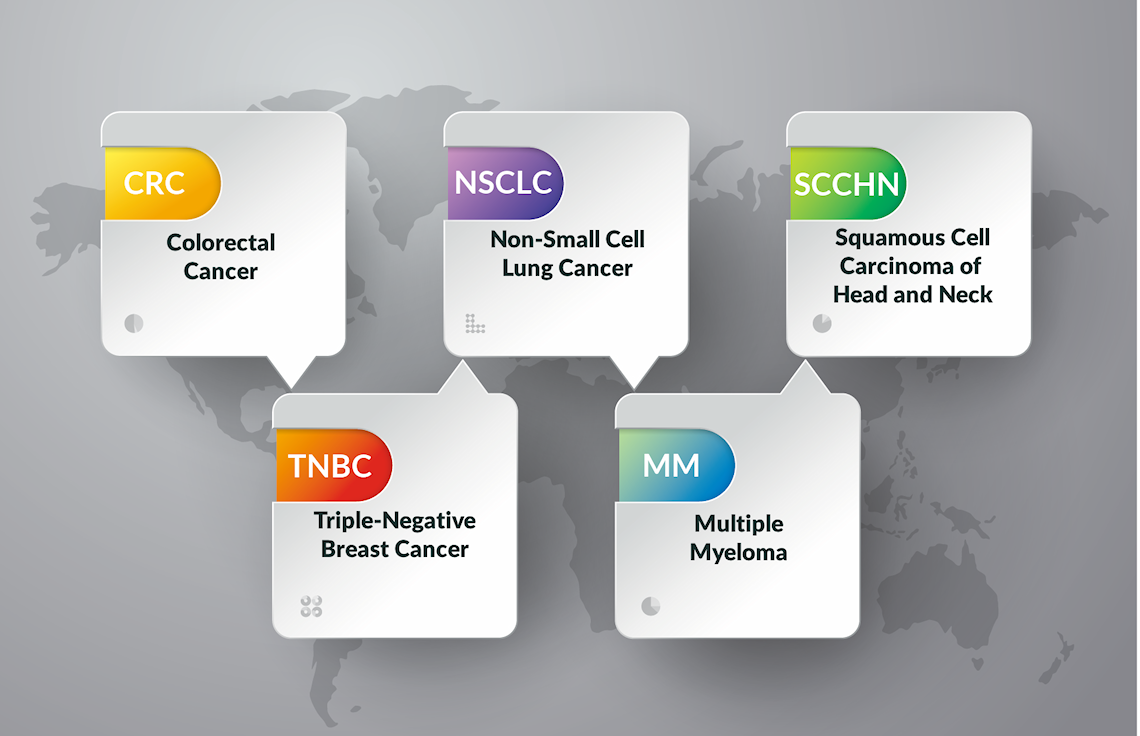
Our lead drug – Aptegrenix™
Broad-spectrum Efficacy: Aptegrenix™ (o-TFB-Tyr) has shown promising results in a wide range of tumour types, including lung cancer, hepatocellular carcinoma, colorectal carcinoma, soft tissue sarcoma, gastric cancer, malignant lymphoma, and head and neck cancers. It exhibits potent anti-mitotic effects, making it an attractive candidate for combating diverse cancer forms.
Targeting Multiple Coactivators: The drug's unique mechanism involves targeting two crucial APC/C coactivators - Cdc20 and Cdh1. By specifically inhibiting these coactivators, o-TFB-Tyr achieves a precise and efficient regulation of the APC/C complex, avoiding undesirable side effects common in other anti-mitotic agents.
Synergistic Effects: Combining o-TFB-Tyr with other APC/C inhibitors, such as proTAME and Apcin, has shown a synergistic inhibition of mitotic exit. This highlights the potential of perturbing protein complex function by simultaneously inhibiting multiple protein-protein interactions.


